Как выбрать между первичным ПЭТ пластиковым рулоном и RPET пластиковым рулоном?
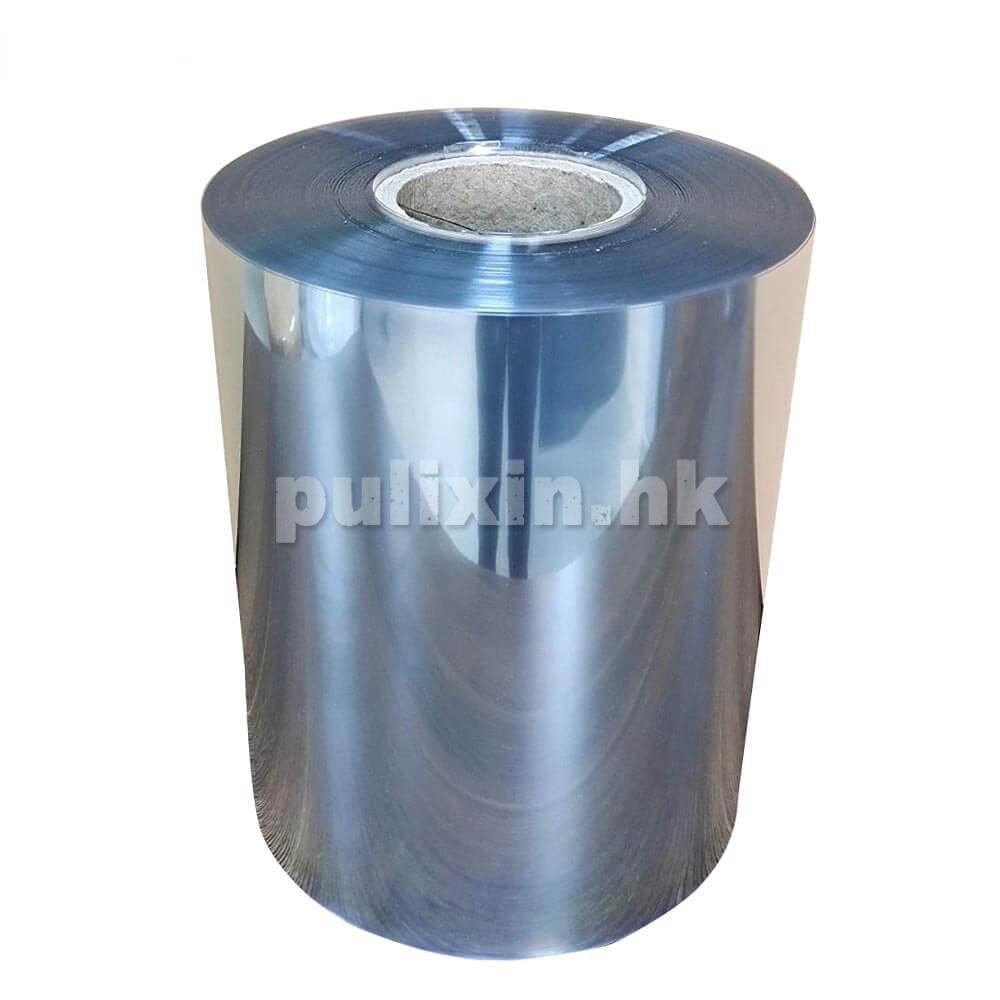
Choosing between virgin PET plastic rolls or RPET (recycled PET) plastic rolls
Choosing between virgin PET plastic rolls and RPET (recycled PET) plastic rolls depends on several factors, including environmental considerations, cost, quality, and the specific requirements of your application.
Virgin PET Plastic Rolls
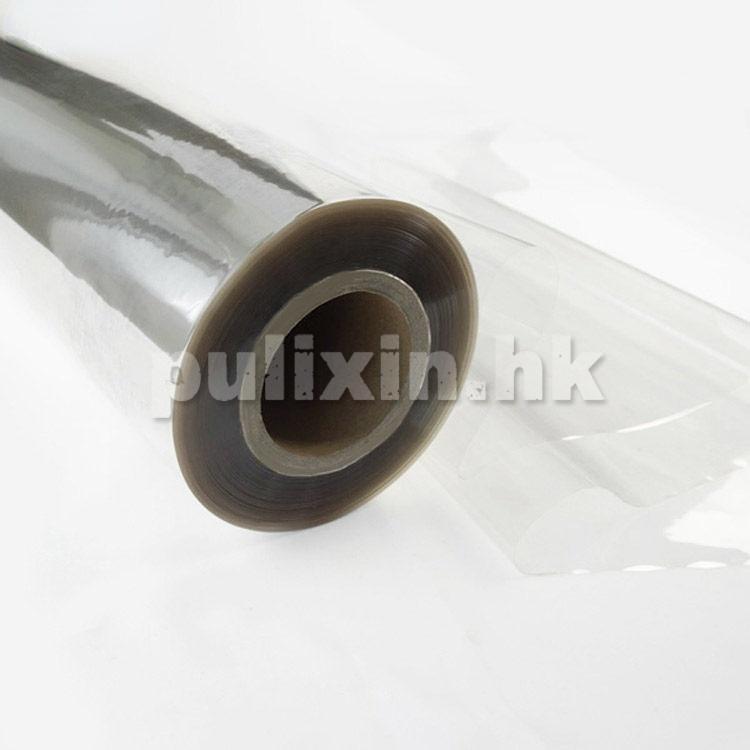
Pros:
1. Consistency and Quality: Virgin PET plastic rolls typically offers higher consistency in terms of quality, clarity, and mechanical properties.
2. Strength: Often has superior tensile strength and durability compared to recycled versions.
3. Purity: Free from contaminants that might be present in recycled materials.
Cons:
1. Environmental Impact: Made from petroleum, contributing to higher carbon emissions and resource depletion.
2. Cost: Generally more expensive due to the raw material and production processes.
RPET (Recycled PET) Plastic Rolls
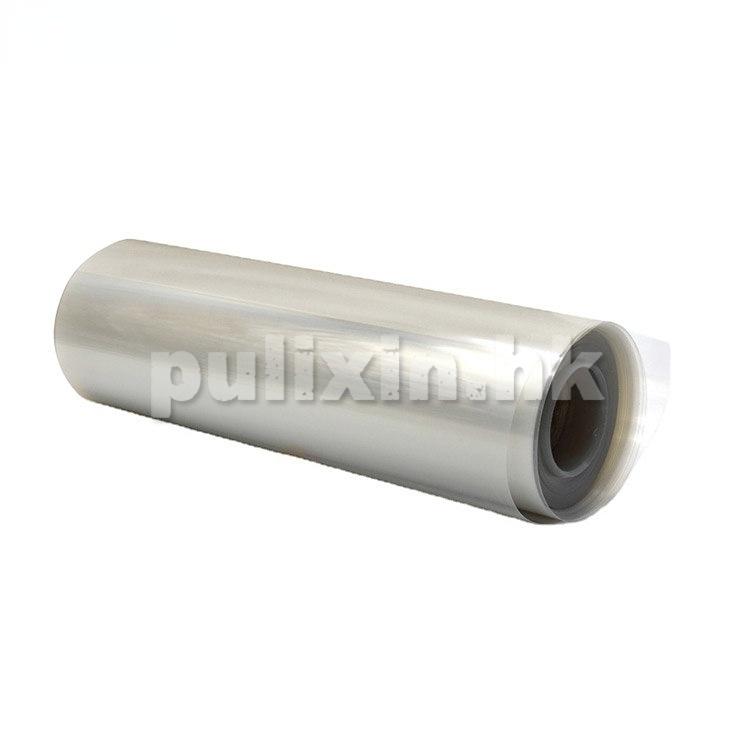
Pros:
1. Environmental Benefits: Reduces plastic waste, conserves natural resources, and has a lower carbon footprint.
2. Cost-Effective: Often cheaper than virgin PET, especially when using post-consumer recycled content.
3. Market Demand: Increasingly favored by consumers and businesses committed to sustainability.
Cons:
1. Quality Variability: Potential for inconsistency in quality, color, and mechanical properties due to variations in the recycling process.
2. Strength: Might have slightly lower strength and durability compared to virgin PET.
3. Contaminants: Risk of contamination which can affect the performance and safety of the final product.
Factors to Consider
Application Requirements: Determine if the quality and strength of RPET meet the needs of your application. For high-performance applications, virgin PET might be necessary.
Environmental Goals: If sustainability is a priority, RPET is the better choice. It can significantly reduce your environmental impact.
Cost: Consider your budget. RPET can be a cost-effective alternative, but be mindful of potential trade-offs in quality.
Regulatory Compliance: Ensure that the material you choose meets the regulatory standards for your industry, especially for food-grade applications.
Supplier Reliability: Choose a reliable supplier for either material to ensure consistent quality and supply.
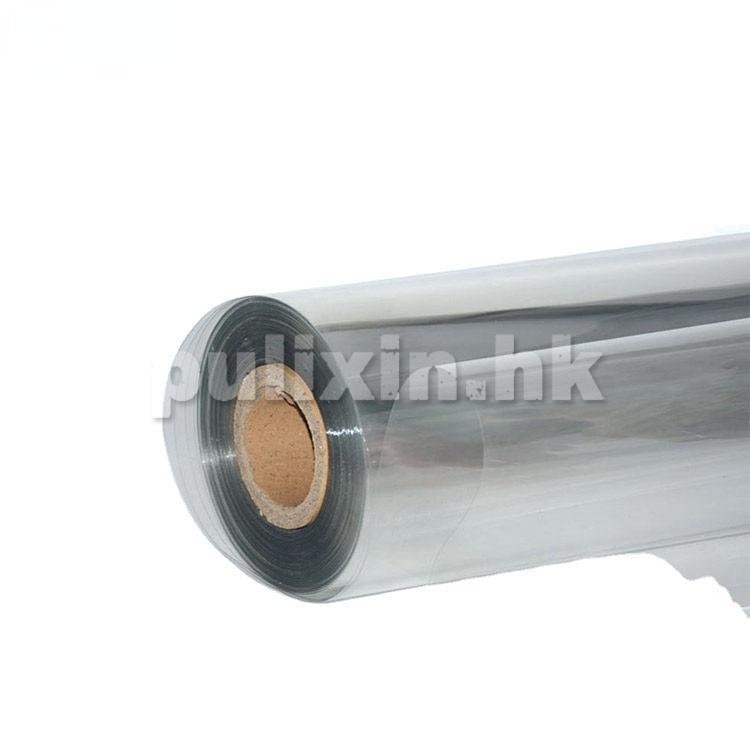
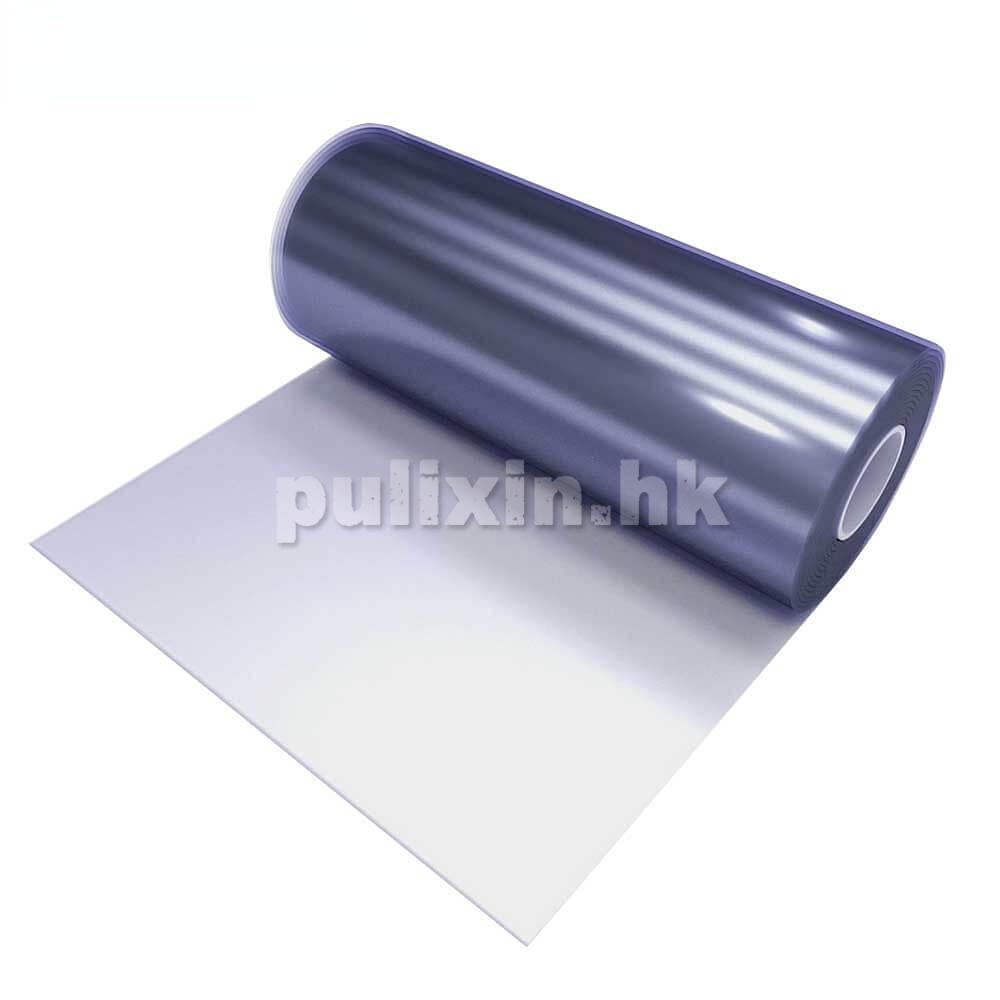

Choose virgin PET if you need the highest quality, strength, and purity, and if environmental impact is not a primary concern.
Opt for RPET if sustainability, cost savings, and reducing environmental impact are more important and if the slightly lower quality and strength are acceptable for your application.
Virgin PET plastic rolls and RPET (recycled PET) plastic rolls application
Virgin PET plastic rolls application
When high transparency and gloss are required: Virgin PET has slightly better transparency and gloss, making it ideal for displaying products such as food and beverages.
When applications involve food contact: Due to stricter regulations on recycled content, virgin PET is often better suited for direct food contact applications.
When chemical resistance is required: Both options are good, but depending on the specific chemical, virgin PET may have a slight advantage.
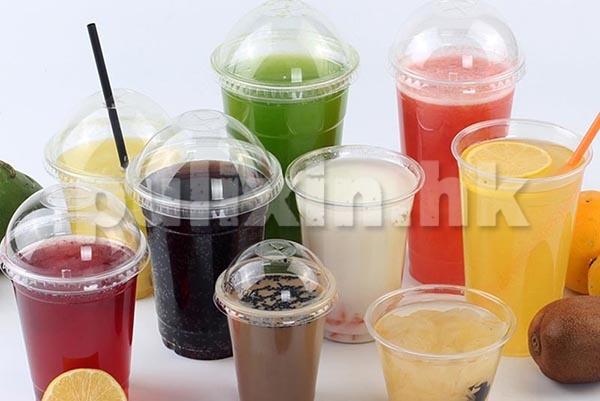
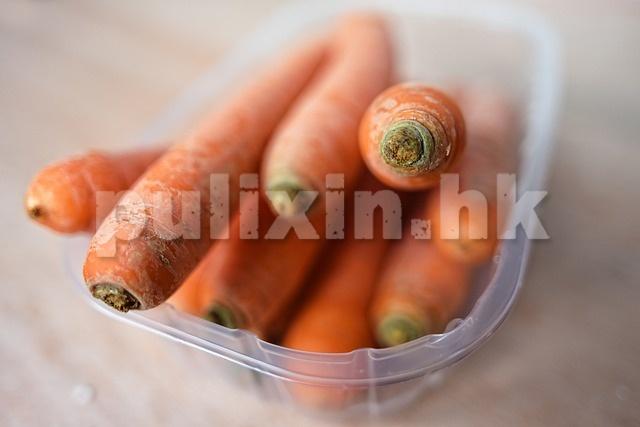
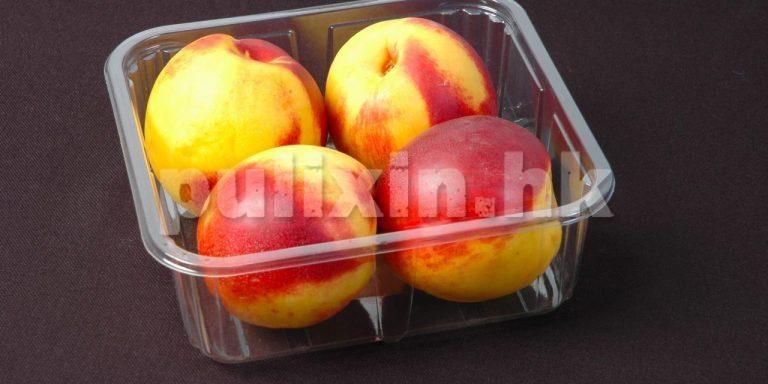
RPET (recycled PET) plastic rolls application
Environmentally friendly and sustainable: RPET production uses less energy and reduces reliance on virgin materials, making it a more environmentally friendly choice.
When the requirements for transparency are not very high: RPET is suitable for many applications such as textiles, carpets and non-food packaging where slight variations can be tolerated.
If the application is not critical in terms of transparency, chemical resistance, or food contact, either virgin materials or RPET may be suitable.

